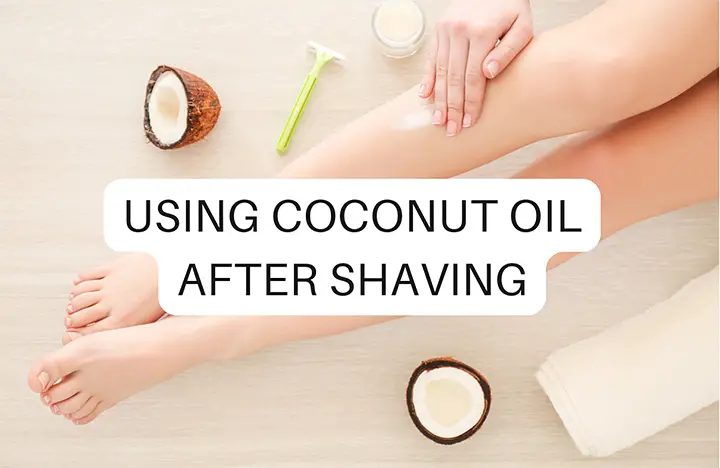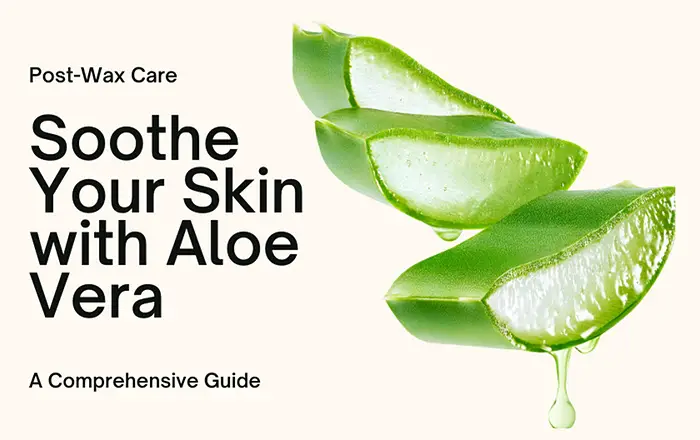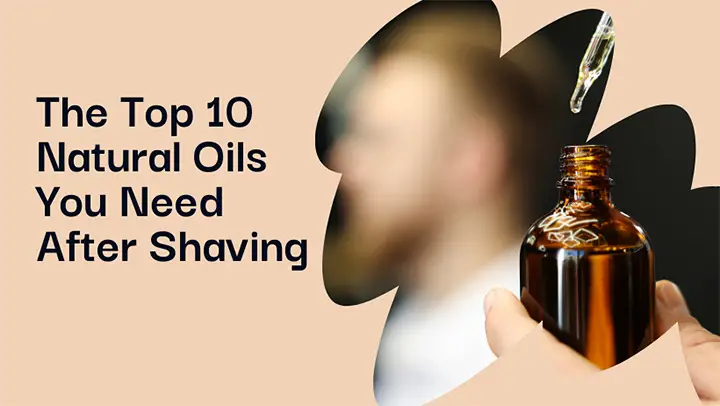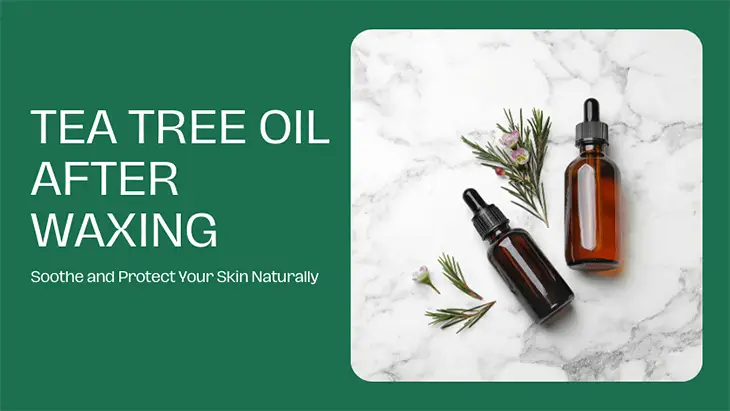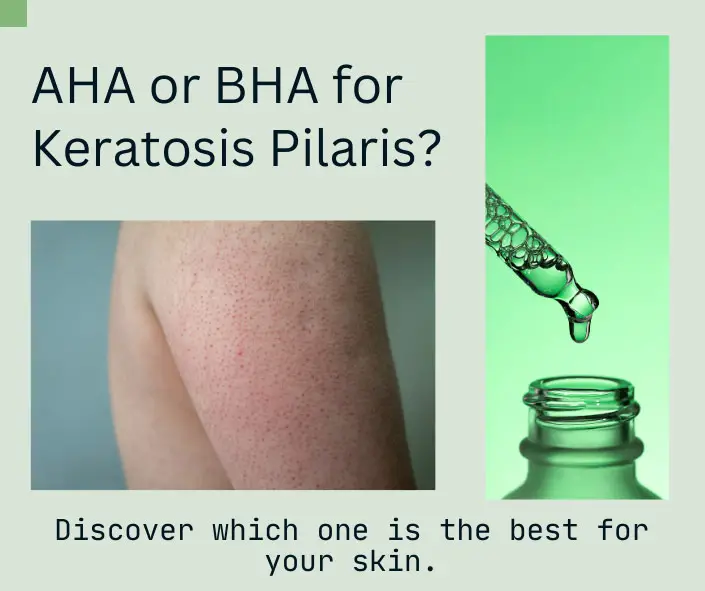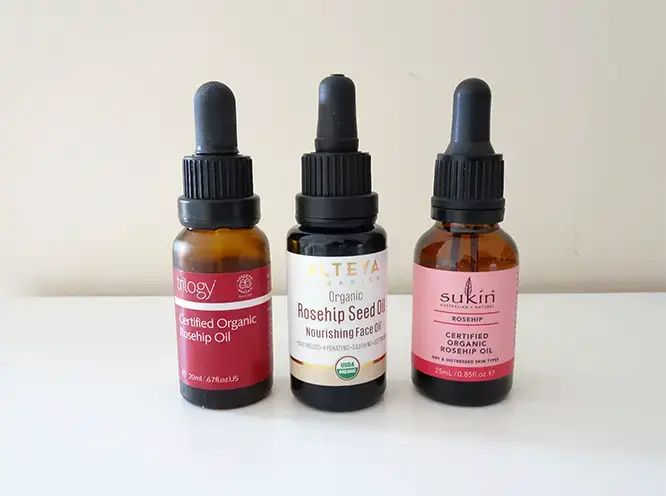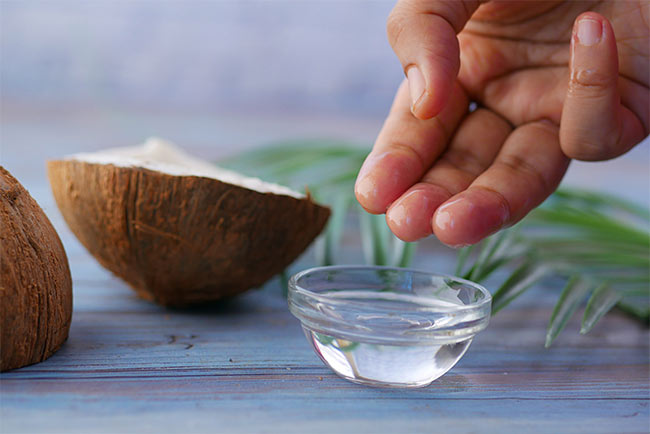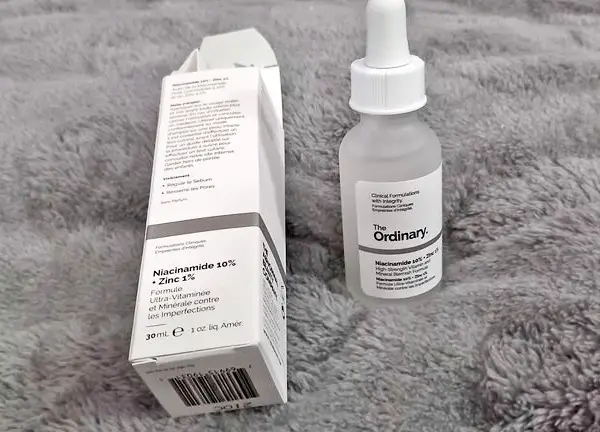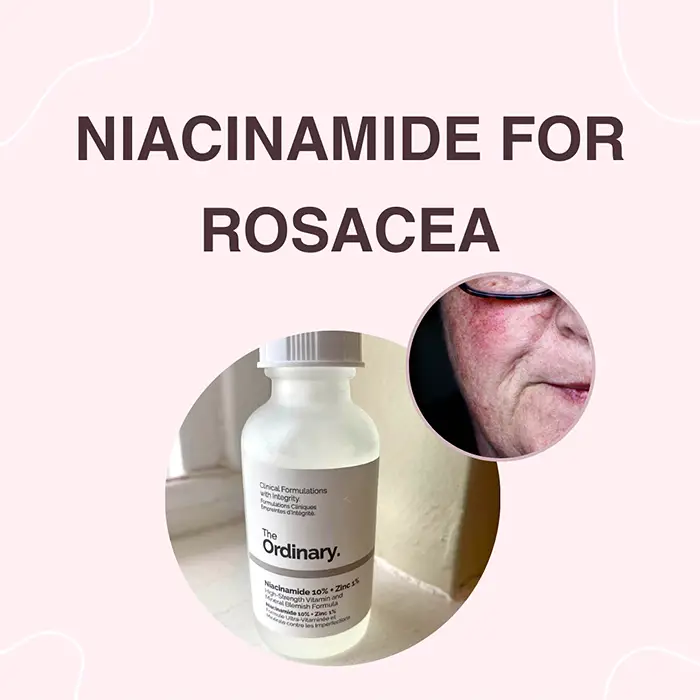The Ultimate Guide to Using Coconut Oil After Shaving
Shaving can leave your skin feeling dry and irritated. But guess what? Coconut oil might just be the hero you’re looking for. This natural remedy stands out for its soothing and moisturizing properties, making it an ideal choice for your post-shave care. In this guide, we’ll explore how coconut oil can be seamlessly integrated into …
The Ultimate Guide to Using Coconut Oil After Shaving Read More »

